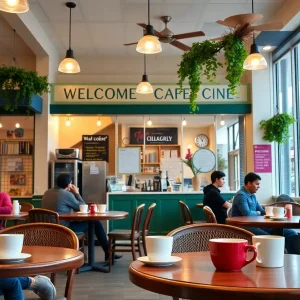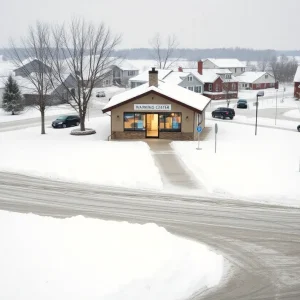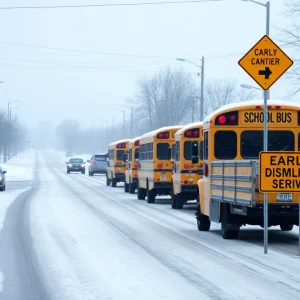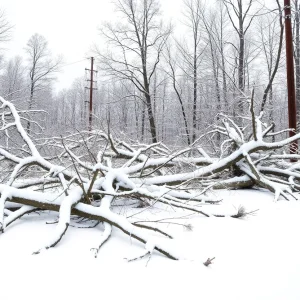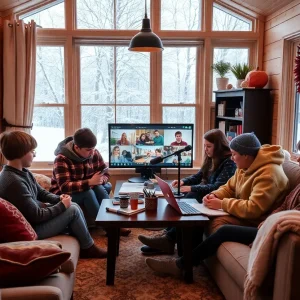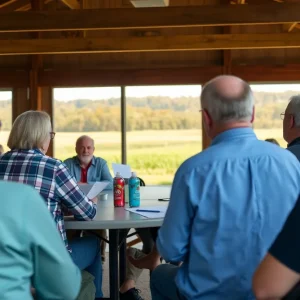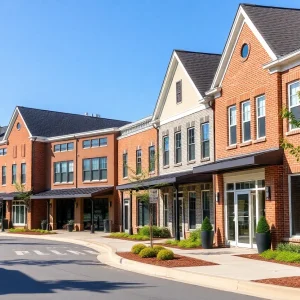Columbia Residents Hear Promising News on Nuclear Project
Columbia, SC – It’s been seven years since the ambitious expansion of the V.C. Summer nuclear plant hit a dead end, leaving many locals wondering if we’d ever see nuclear power play a role in our future energy needs. But a recent report has rekindled hope, suggesting the future might not be as bleak as once thought. According to a report released on September 16 by two members of the Governor’s Nuclear Advisory Council, the buildings and equipment at the site are in excellent condition, raising the question: could construction be kicked back into gear?
What’s the Latest on the Project?
The V.C. Summer expansion attempt has always been a touchy subject, given its reputation as the biggest construction failure in South Carolina’s history, racking up costs of around $9 billion that ultimately fell on ratepayers. The project was canceled in 2017 due to massive cost overruns and significant delays that led to thousands of job losses.
However, Rick Lee and Jim Little from the advisory council toured the site in mid-September and were pleasantly surprised by their findings. They noted there was no visible corrosion, chipped concrete, or degradation in the partially completed buildings. While some nuclear components showed a touch of surface rust — which they deemed not unexpected — the overall condition was promising.
A Silver Lining for the Future?
During a meeting on Tuesday where their report was discussed, Lee remarked, “Both the installed components and those in storage are in excellent condition.” With 14 warehouses full of meticulously maintained equipment, the report suggests it might be time to explore the feasibility of completing the two reactors, known as Unit 1 and Unit 2.
Unit 1 is over 40% complete, while Unit 2 stands at about 20%. The idea of reopening construction challenges the notion that the site would become just another monolith of failure, as Lee emphasized the importance of collaboration moving forward to meet our state’s growing energy demands.
But What’s Next?
While the findings look bright, it’s essential to consider the realities. Completing the reactors will undoubtedly require more than a cursory study and will entail significant costs beyond the already steep initial $9 billion. Many residents are still feeling the financial pinch from the stalled project, paying over 5% more on their energy bills due to the failed venture. This might make the idea of restarting construction less popular among ratepayers, many of whom are still apprehensive about the energy landscape.
Funding and Feasibility Concerns
There’s buzz about possibly seeking private funding to avoid adding to ratepayers’ load. Though not much detail was provided, Lee and Little hinted that private investment could be the key to getting this project off the ground again. This alleviates some concerns, especially from legislator Tom Young, who expressed doubts about the financial implications for consumers.
It’s essential to note that Santee Cooper has made it clear they want nothing to do with the operation of nuclear reactors, which complicates things further. Similarly, Dominion Energy hasn’t shown interest in restarting construction either, although they remain committed to the existing reactor.
Looking Back at Historical Precedents
Interestingly, the report draws on past instances of nuclear projects receiving a second chance. For example, the Watts Bar Unit 2 project in Tennessee was revived after standing still for over 25 years, and South Carolina has its eye on the possibility of harnessing previously abandoned nuclear sites, something that could significantly transform our power resources.
The Bottom Line
Whatever happens at the V.C. Summer site, one thing is for sure: it’s crucial for South Carolina to have serious discussions about the potential of nuclear energy going forward. As the demand for energy continues to grow, the state has to consider all options, including those that don’t exacerbate our climate issues. With the reality of climate change looming larger each day, nuclear might serve as a viable alternative to fossil fuels.
For now, the future of the V.C. Summer project remains uncertain, but as Lee and Little suggest, it may be worth taking a closer look at those ambitious dreams of revival. Only time will tell if Columbia can overcome the bitter chapter of a failed nuclear project and write a new one filled with promise and opportunity.







